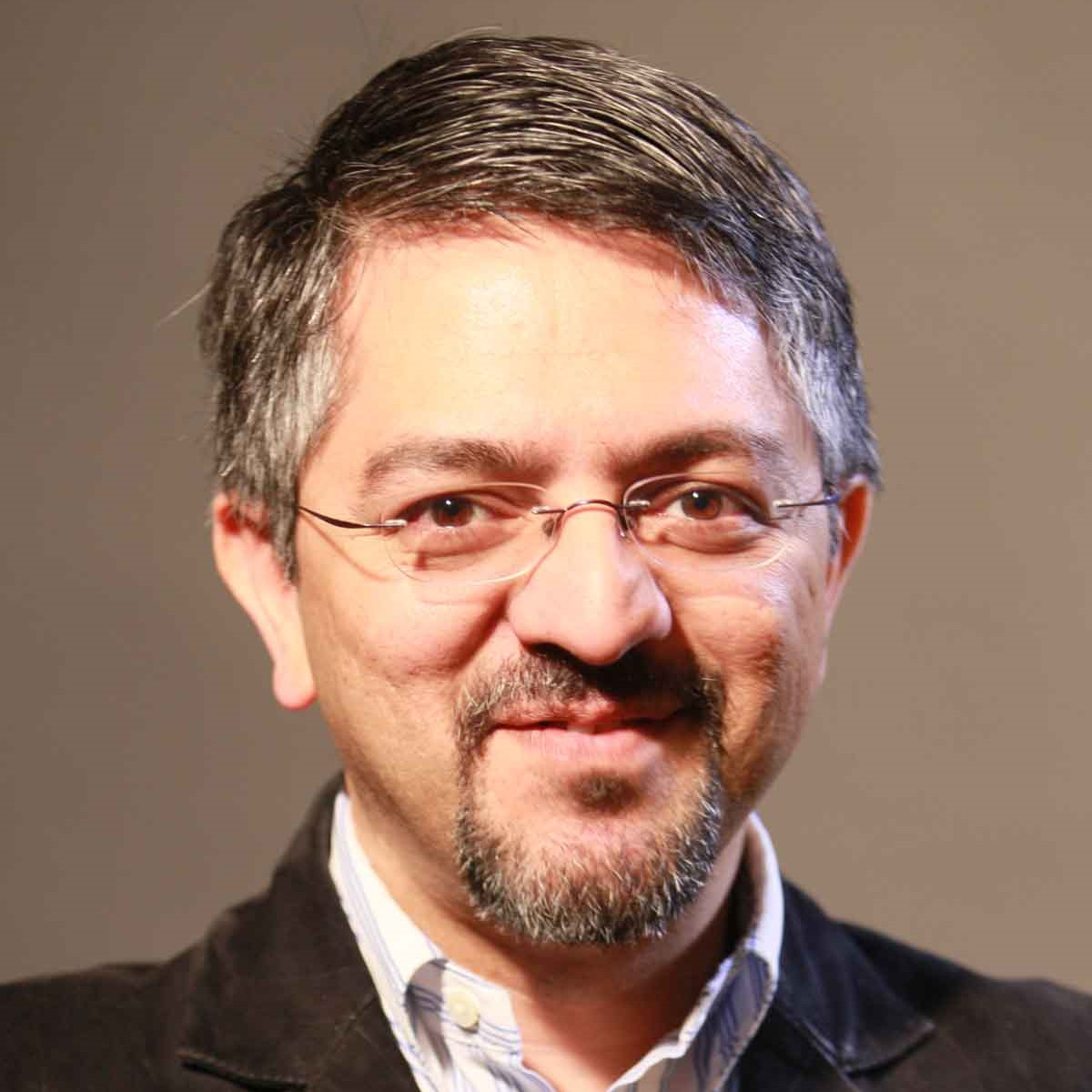
Dr Peter Selby
Peter Selby MD. is the Clinical Director of the Addictions Program and Head of the Nicotine Dependence Clinic at the Centre for Addiction and Mental Health (CAMH). He is an Associate Professor in the Departments of Family and Community Medicine, Psychiatry, Faculty of Medicine and the Dalla Lana School of Public Health at the University of Toronto. He is the executive director and creator of the TEACH project – a continuing education certificate program in Applied Counseling for Health with a focus on smoking cessation, through the University of Toronto. Dr. Selby’s research, as a Principal Investigator at the Ontario Tobacco Research Unit, includes smoking cessation especially in smokers with co morbid conditions, and web-based interventions, and as a Principal Investigator of the STOP study, investigations include the effectiveness of NRT and medications in different types of intervention settings. He helped start the program for pregnant substance using women at St. Joseph’s Health Centre providing both addiction medicine and obstetric care. He continues his clinical research with pregnant women who use substances and is the PI of a knowledge translation program (PREGNETS) to increase the adoption of evidence-based interventions with pregnant smokers.
Dissemination of addiction research: An integrated knowledge to action framework for tobacco dependence treatment
It takes on average 16 years for research to be adopted. Barriers exist at the patient, practitioner, system and research levels.
Aims:
1) To develop an interprofessional, integrated clinical, research, policy and knowledge translation clinic in Ontario, Canada to increase quit attempts.
2) To integrate clinical and public health approaches to maximize reach while reducing health disparities.
Setting: The Centre for Addiction and Mental Health, University of Toronto.
Participants: Health care practitioners, tobacco control researchers, administrators, educators, and smokers.
Measurements:
Number and types of smokers treated.
Quit rates at end of treatment and 6 month follow up.
Number and types of health professionals trained.
Number and type of health professionals participating in smoking cessation guideline development.
Number of graduate and clinical trainees
Findings and Conclusions:
The clinic treats 1000 patients annually with 85% experiencing comorbid mental health/addictive disorders. The population based models have reached 60,000 smokers in 5 years with 6 month quit rates (7 day point prevalence, ITT) between 11 to 30%. The training program has trained over 2000 health care professionals across 13 disciplines with 70% offering treatment at 6 month follow up. The guidelines have 20 health professional bodies participating in development and dissemination. There have been 5 fellowship trained physicians in tobacco dependence. We have implemented and evaluated smoke free policies in psychiatric/addiction facilities and nursing homes.
This model accelerates the adoption of better practices and goes beyond the traditional model of knowledge dissemination. It is now being applied to Problem Gambling.